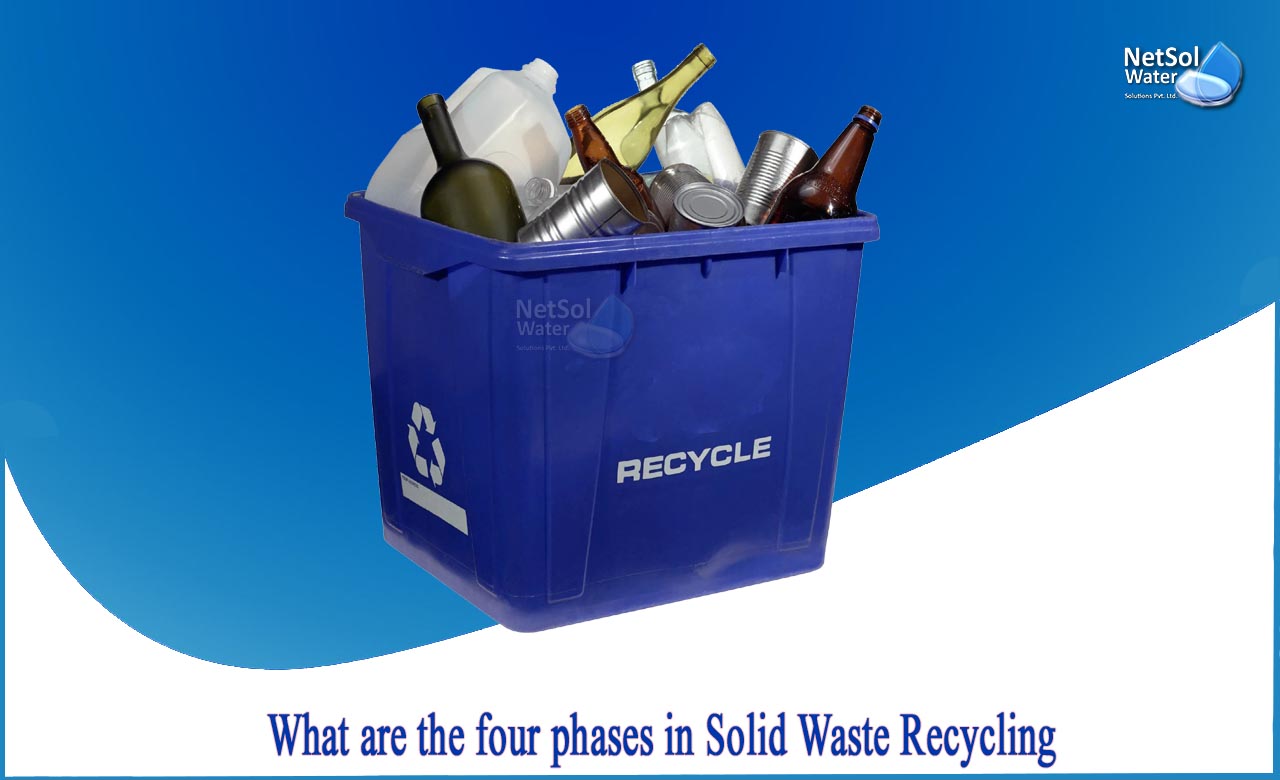What is recycling?
Recycling is the process of converting waste resources into new materials and objects. This concept typically incorporates energy recovery from waste materials. Recyclability is determined by a material's ability to restore the properties it had in its original form. It is an alternative to "traditional" waste disposal that can assist preserve material and reduce greenhouse gas emissions. It can also minimize the waste of potentially valuable materials and the use of fresh raw materials, lowering energy usage, air pollution (from incineration), and water contamination (from landfilling).
What is the significance of recycling?
Most people associate recycling with "environmental protection," but there's more to it than that. Recycling is vital because it improves our economy, our health and our resources:
· Economics
Recycling is a key economic force, contributing significantly to job creation, company expansion, tax revenues and general economic development.
· Human Well-Being
Extraction and processing of natural resources to generate products, followed by disposal in a landfill, causes pollution that affects the air we breathe, the water we drink and the soil we use to grow our food. Recycling reduces resource extraction and processing, as well as pollution. It saves energy, landfill space and natural resources such as wood, water, and minerals.
What are the four phases in Solid Waste Recycling?
Recycling consists ?of the four steps listed below:
Step 1: Gathering
Waste can be collected in a variety of ways, including curbside pickup, drop-off locations, and deposit or reimbursement schemes.
Step 2: Completing
Waste is collected and delivered to a recovery facility where it is sorted, cleaned, and processed into a resource that may be used in manufacturing. Recyclables are acquired and sold in the same manner as raw materials, with prices fluctuating according to world supply and demand.
Step 3: Manufacturing
Items created nowadays are increasingly made from recycled materials. The following are some examples of common recycled household goods:
· Paper towels and newspapers;
· Soft drink containers made of aluminium, plastic and glass;
· Cans made of steel;
· Laundry detergent bottles made of plastic.
Recycled materials are also being used in novel ways, such as recycled glass in asphalt for road paving and recycled plastic in carpets and park seats.
Step 4: Buy Recycled-Content Products
You aren't truly recycling unless you purchase recycled products. A recycled product is one that is created entirely or partially using material reclaimed from the waste stream. Items created from recycled content are equal in price and quality to products made from virgin materials. Purchasing items with recycled components generates long-term markets for recyclable resources.
The following are some examples of common items that may be manufactured with recycled content:
· Cans made of aluminium;
· Bumpers for automobiles;
· Carpets;
· Boxes of cereal;
· Books;
· Boxes of eggs;
· Containers made of glass;
· Bottles of laundry detergent, etc.
Conclusion
Recycling is a critical component of modern waste reduction and the third component of the waste hierarchy of "Reduce, Reuse and Recycle." It improves environmental sustainability by minimizing raw material use and redirecting waste production in the economic system.
Netsol Water offers environmental consulting services that are proactive and methods for solid waste management. We are committed to saving your time and money while also providing you with a tailored solution to your specific requirements.
For any further information, please contact us at +91-9650608473 or drop a mail at enquiry@netsolwater.com.



